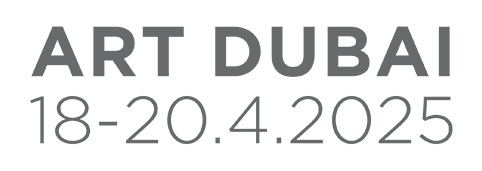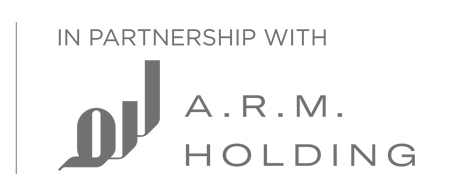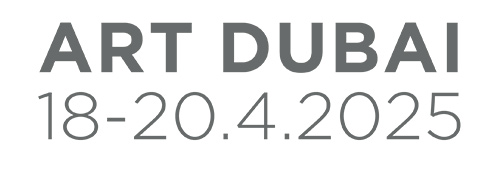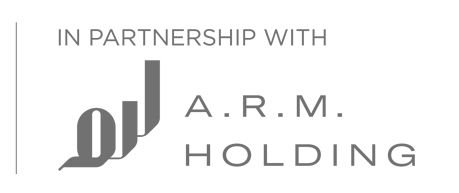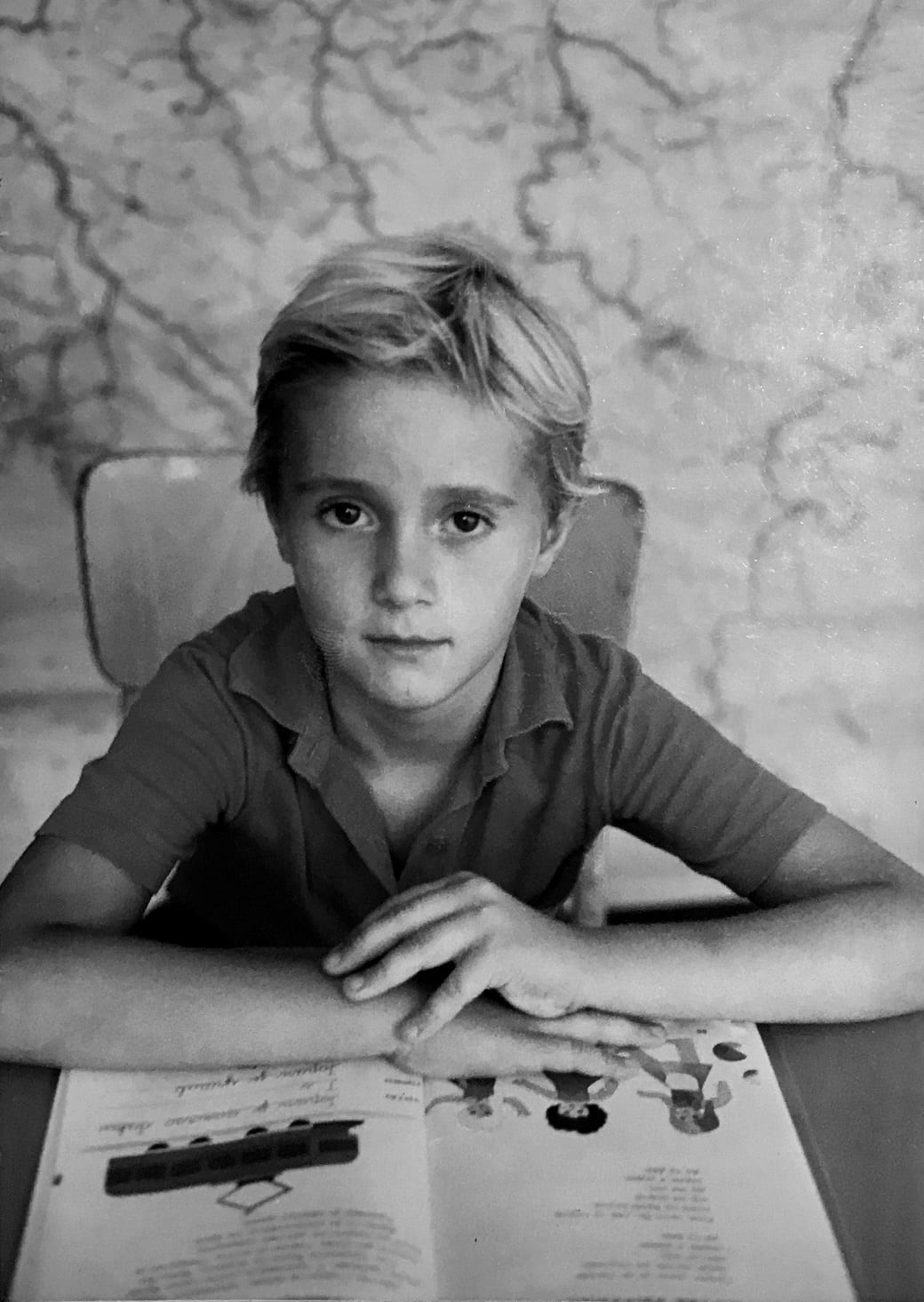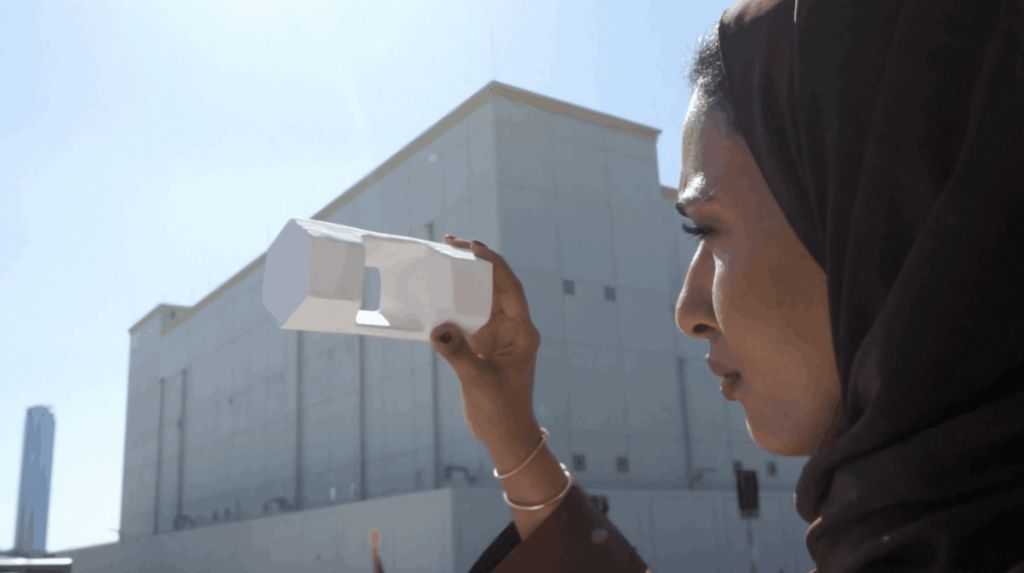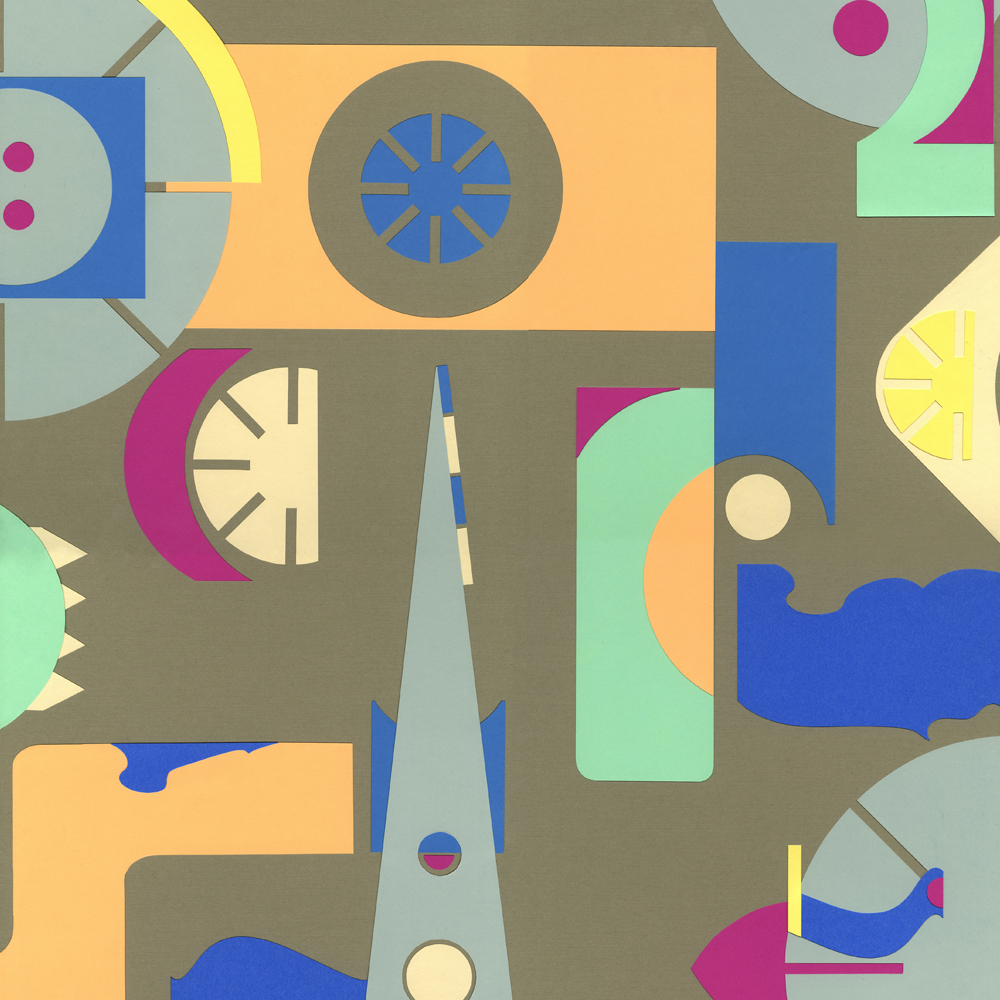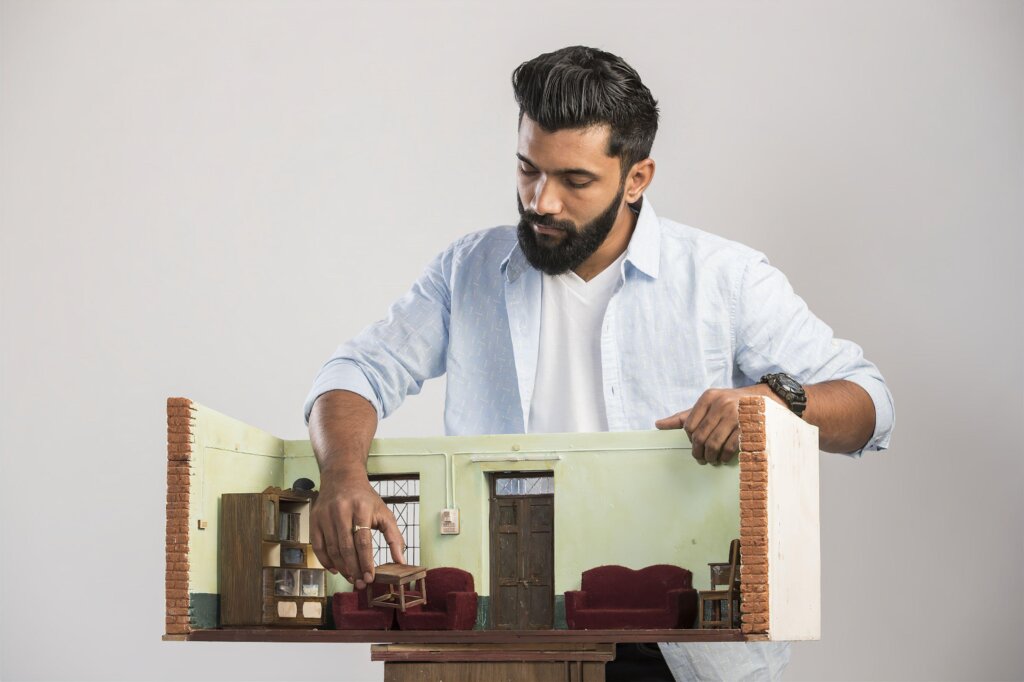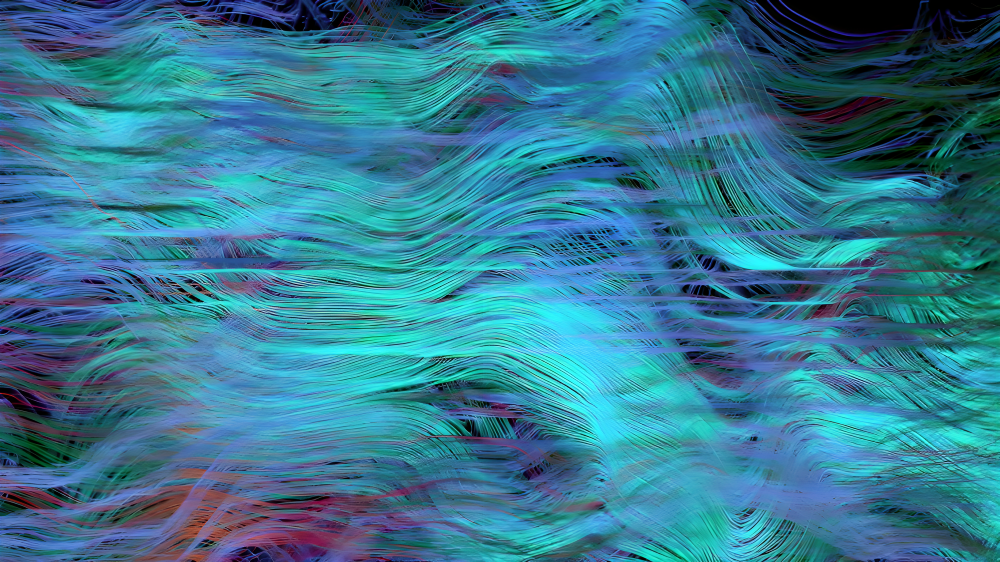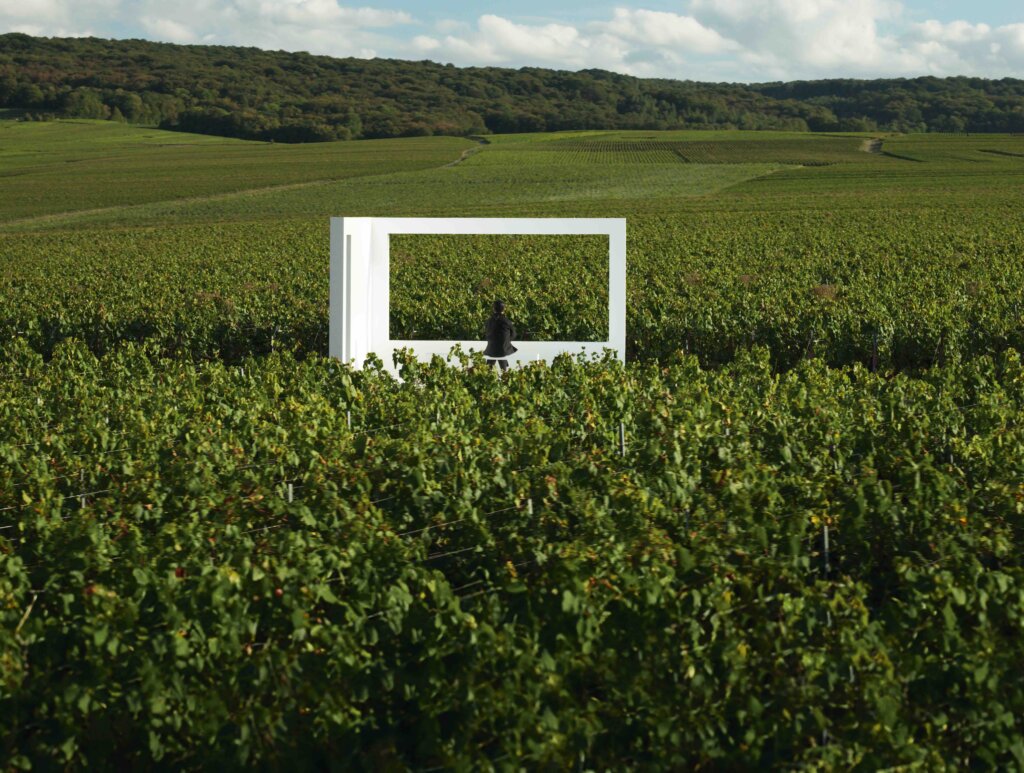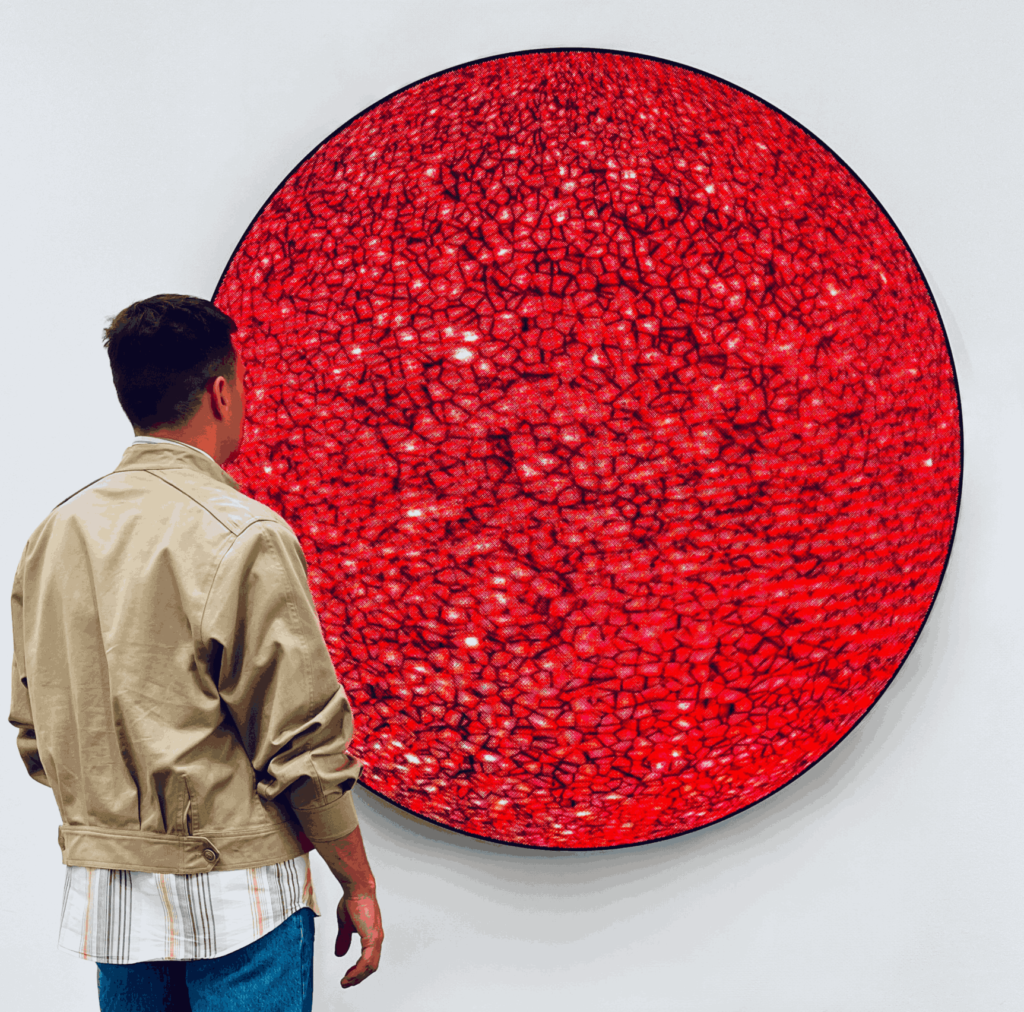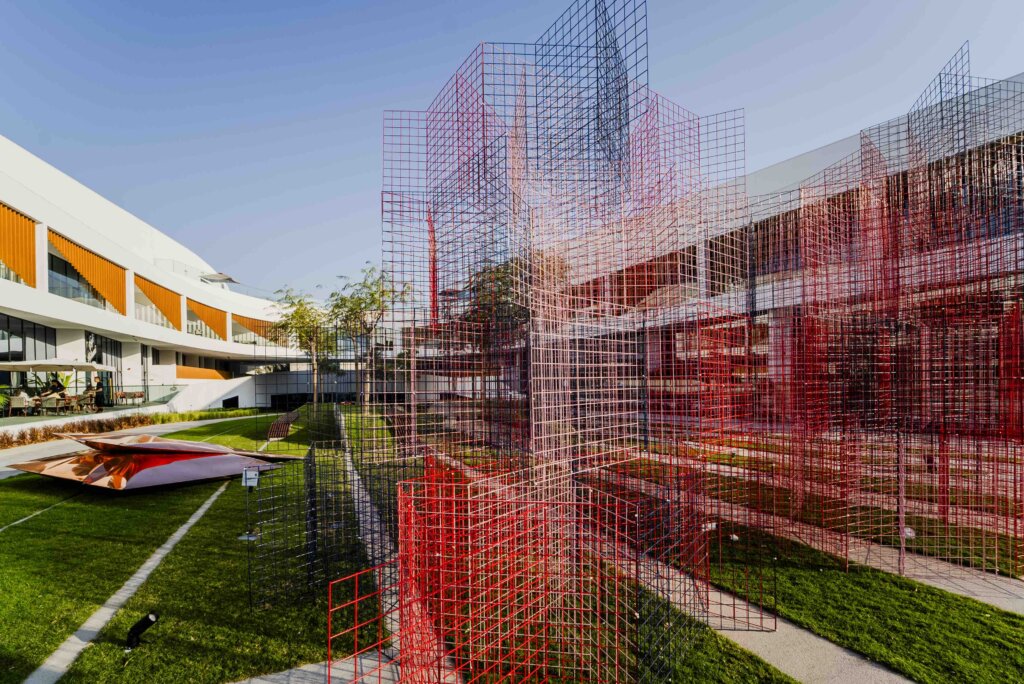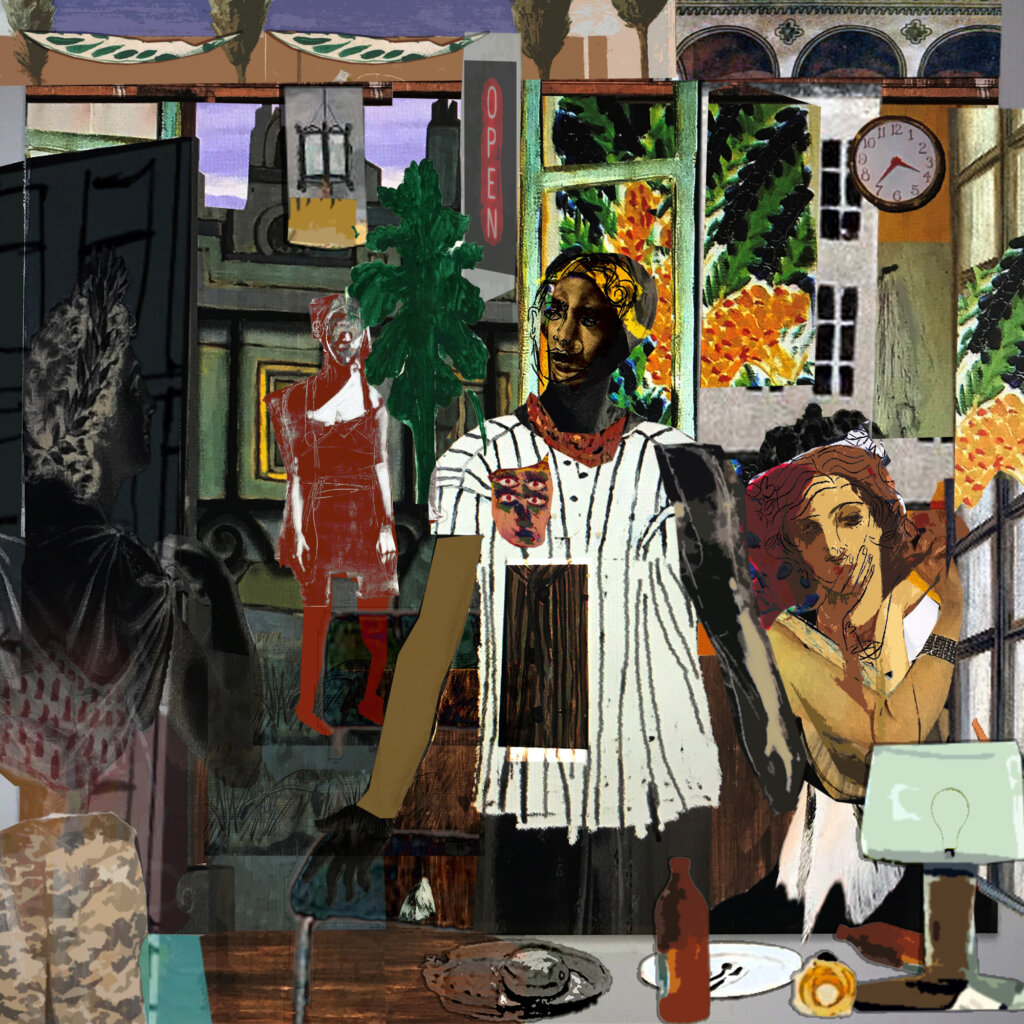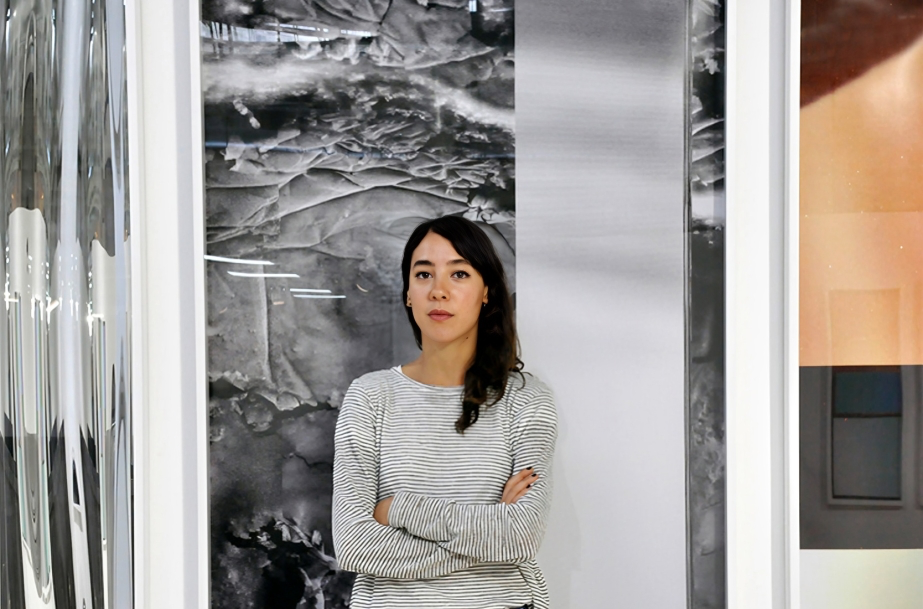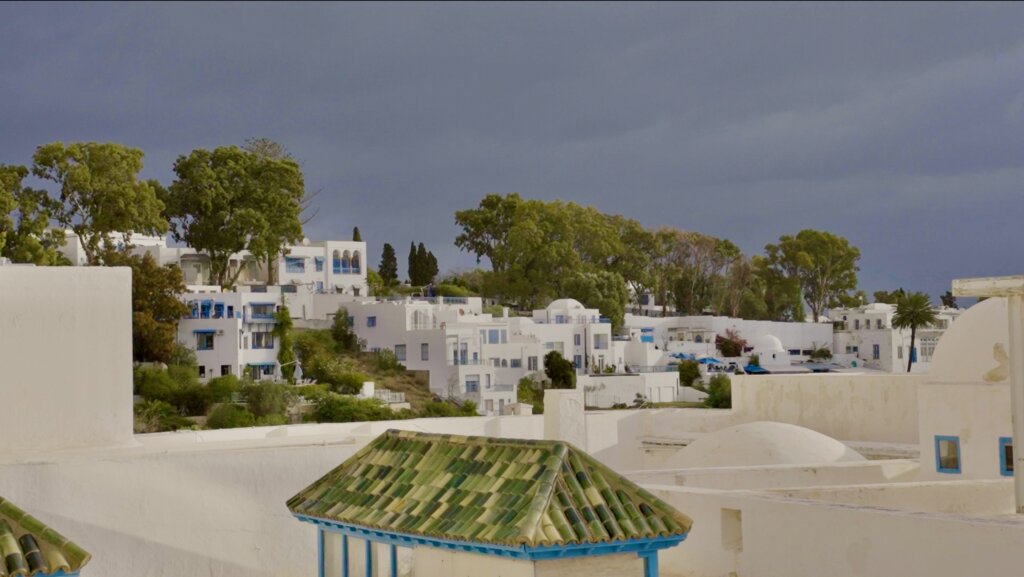Were you a good student or a bad student?
I was a good student.
What did you have to unlearn after school?
I am not sure if I had to unlearn anything. Knowledge gained at school along with all my other experiences come together as a mosaic. Education in Yugoslavia was strong but quite didactic. Adapting to more open educational system in the US was a shift. Ultimately, I think I benefited from having experienced both approaches to learning.
Given the choice, what would you have done differently in your educational path?
My educational experiences were varied across cultures, and across educational systems. This allows me diverse perspective, which is healthy. I also actually never left school—this is the privilege of being an academic—I am continually on an educational path. One thing I wish I did as a student is learn more foreign languages.
Do you apply anything you learned at school to your current occupation?
Much of what I learned and experienced in school is valuable, not only as directly applied knowledge in a profession but in shaping my view of the world.
Are you pessimistic or optimistic about the future of education?
As a professor I am continually inspired by new generations of students and this sustains my optimistic outlook. At the same time, I am concerned about the cost of education. In the United States, for example, college students are graduating with huge debt. This creates enormous pressures and impacts the way they view the value of education. If a big price-tag is attached to every course they take, I fear that students will develop a transactional relationship to education— they will feel like customers of a service. I am also concerned about the pressures that arts education faces. There are fewer and fewer arts programmes in elementary schools and high schools.
Describe your ideal school environment.
A school accessible to all, one that aims to build a more just and equitable society; a school with a diverse student and faculty body; a school that values creativity, arts, and humanities.
